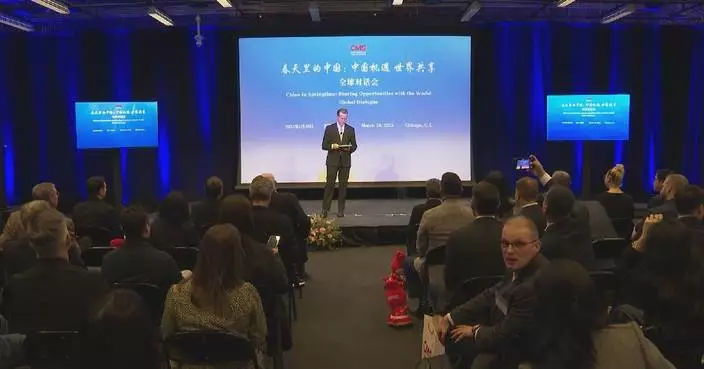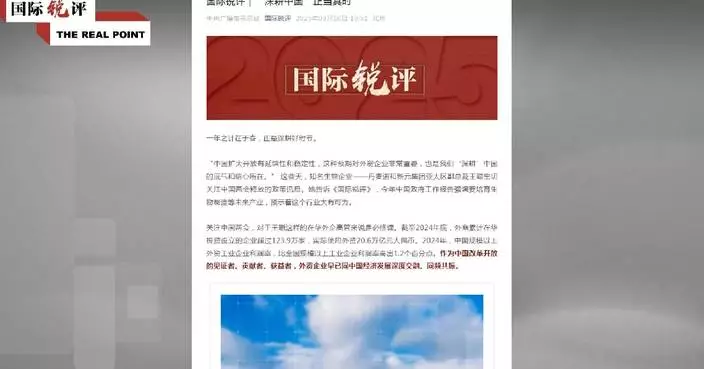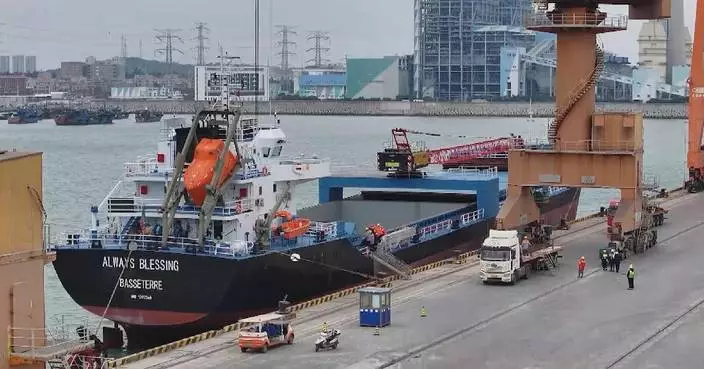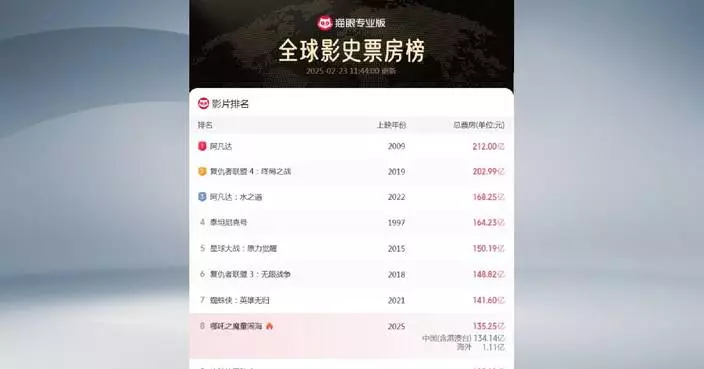Nan Qixiang, a veteran of the War to Resist U.S. Aggression and Aid Korea (1950-1953), honored in his own way the latest repatriation of the remains of Chinese People's Volunteers (CPV) martyrs who sacrificed their lives in the war, also known as the Korean War.
The remains of 43 CPV soldiers who lost their lives during the war returned to China on Thursday from South Korea.
It is the 11th repatriation of such kind following a handover agreement signed by China and South Korea. This new batch brings the total number of fallen CPV soldiers whose remains have returned home to 981.
Nan set foot on the Korean battlefield at the young age of 15, and served as a bugler. Although 88 years old today, Nan is still full of energy when he blows again the charge bugle in the standard bugler posture.
During the war, Nan was awarded the third-class merit for his outstanding performance. He said he felt an even greater sense of honor knowing that his application to join the Communist Party of China (CPC) was approved.
"There was a Communist Party flag hanging in the entrenchment, and water was leaking on us while we could hear enemy planes hovering outside to spy on us. I raised my right hand and declared that I volunteered to join the CPC to fight for communism for life and would never betray the Party. At that point, I swore with tears in my eyes. I thought to myself that I was now a member of the Communist Party and wanted to better serve the people," Nan said.
Nan stated that the enemy would call a bugle used by the CPV a trumpet, viewing it as a powerful instrument.
"The enemy would refer to a bugle as a trumpet, describing our trumpet as a powerful instrument. When we blew it, the Chinese soldiers would be as fearless as ever. It served as a signal to shock the army and shatter the enemy's courage," Nan said.
During the Korean War, more than 197,000 CPV soldiers sacrificed their lives on the Korean battlefield. Nan says he misses his fallen comrades dearly, knowing that it was their sacrifices that safeguarded the good and peaceful life back home.
Upon hearing the news that the 11th batch of fallen CPV soldiers’ remains would return to the homeland, he once again retrieved his cherished bugle and polished it to a brilliant shine.
"Comrades, I miss you very much. We will miss you forever, and our Party and our people will never forget you," Nan said.

Korean War Veteran honors latest repatriation of remains of fallen comrades in unique way






















































